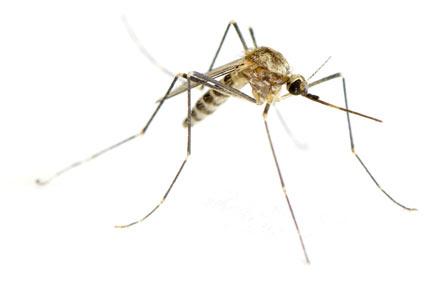Indoor residual spray, a malaria control measure, saved the lives of over 41 million people in India in 2015, the World Health Organisation said on Tuesday, asserting that the method was a "highly effective" way for vector control


New Delhi: Indoor residual spray, a malaria control measure, saved the lives of over 41 million people in India in 2015, the World Health Organisation said on Tuesday, asserting that the method was a "highly effective" way for vector control.
On the eve of World Malaria Day, the global health body stressed the need for countries in the South East Asian region to adopt "agile" thinking to meet the region-wide target to eliminate malaria by 2030. WHO Regional Director for South-East Asia, Poonam Khetrapal Singh, said the region has reached the malaria-related MDG targets and more recently (between 2010 and 2015), it cut case incidence by an estimated 54 per cent and the malaria mortality rate by around 46 per cent. She said Maldives and Sri Lanka were certified malaria-free in 2015 and 2016 respectively, terming it as a "stunning achievement".
She said the theme of this year's World Malaria Day was enhancing prevention as a critical means of closing the gap and ending malaria for good. Singh underlined two highly effective ways to curb malaria, i.e. by ensuring affected communities have access to long-lasting insecticidal mosquito nets, and by carrying out indoor residual spraying. "In 2015 alone indoor residual spraying was estimated to protect 106 million people worldwide, including upwards of 41 million in India," she said.
The official said further progress must be forged and asserted that malaria remained endemic in nine of the region's 11 countries. "Multi-drug resistance, including to artemisinin-based combination therapies, is an ever-present threat, as is resistance of malaria-transmitting mosquitoes to insecticides. "Across the region, domestic funding for malaria prevention and control has declined, even as the need for more innovative and localised solutions has increased. Renewed focus is needed," she added.
ADVERTISEMENT
 Subscribe today by clicking the link and stay updated with the latest news!" Click here!
Subscribe today by clicking the link and stay updated with the latest news!" Click here!






